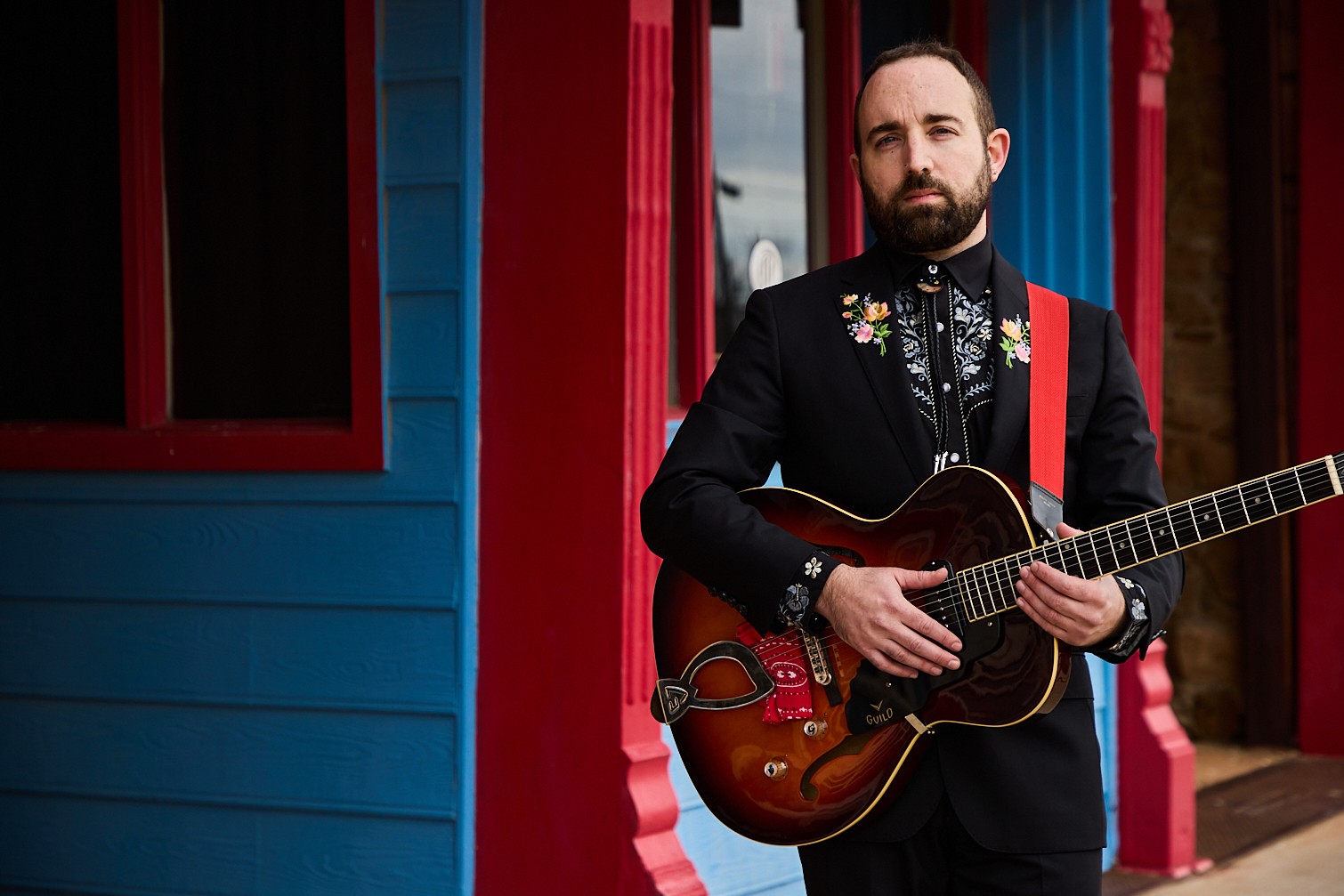

We’re looking forward to introducing you to Curtis McMurtry. Check out our conversation below.
Curtis, we’re thrilled to have you with us today. Before we jump into your intro and the heart of the interview, let’s start with a bit of an ice breaker: What do you think is misunderstood about your business?
I think many people believe that by listening to an artist on spotify that they are actively supporting that artist’s music, which unfortunately isn’t true. Doing that only supports the streaming service, which is a parasitic entity exploiting the artist. The only way to support an artist is to directly purchase their music or their merchandise.
Can you briefly introduce yourself and share what makes you or your brand unique?
I am a singer-songwriter, composer, and multi-instrumentalist. I write lyrically-driven music which is often political, though not exclusively. I write from character, so none of my songs are directly autobiographical, and I have a tendency to inhabit the perspectives of villains more often than not. Most of my narrators are motivated by spite and selfishness. It’s certainly not optimistic “feel good” music but it’s still fun!
I usually perform as a duo with my partner Diana Burgess. I typically play guitar and banjo and sing, and Diana plays cello and sings. If you like Andrew Bird or the Milk Carton Kids, we might be up your alley. I’ve been referring to the music as “spite pop” for many years, but an algorithm would probably label us as chamber pop or indie folk.
We perform in a variety of contexts and venues, including breweries, weddings, corporate events, listening rooms, music festivals, and house concerts. I have opened tours for grammy-award winning artists in enormous venues, and then the following week played as background music at a vineyard, which illustrates how wildly my experiences can fluctuate from week to week,
Great, so let’s dive into your journey a bit more. Who taught you the most about work?
I can only credibly speak about work in terms of art creation, and in that sense my grandfather taught me the most about work. He was a novelist and screenwriter, and when I spent nights at his house I would wake up to the sound of his typewriter.
He was extremely diligent about writing. He never waited for the muse to strike him, he wrote every day and accepted that the quality of the material would vary dramatically. He knew better than to edit as he wrote, as that could inhibit the creation of new work. From his example I learned to first generate material, then refine it, not to attempt to do both tasks simultaneously.
What did suffering teach you that success never could?
Suffering breeds resilience and determination, while success and comfort can actually inhibit ambition and drive.
I think our readers would appreciate hearing more about your values and what you think matters in life and career, etc. So our next question is along those lines. What are the biggest lies your industry tells itself?
The entertainment industry would have you believe that talent and ambition are the only tools required to develop a following, when in truth nepotism, money, and conventional beauty will always get you further.
Before we go, we’d love to hear your thoughts on some longer-run, legacy type questions. What are you doing today that won’t pay off for 7–10 years?
I am writing material now that I know I will still be mining a decade in the future. My most recent album contained some lyrics that were written fifteen years beforehand. I never know what will bubble up to the surface when it’s time to sew a song together.
Contact Info:
- Website: https://curtismcmurtrymusic.com
- Instagram: @curtismcmurtry
- Facebook: https://www.facebook.com/curtismcmurtrymusic/
- Youtube: https://www.youtube.com/@curtismcmurtry
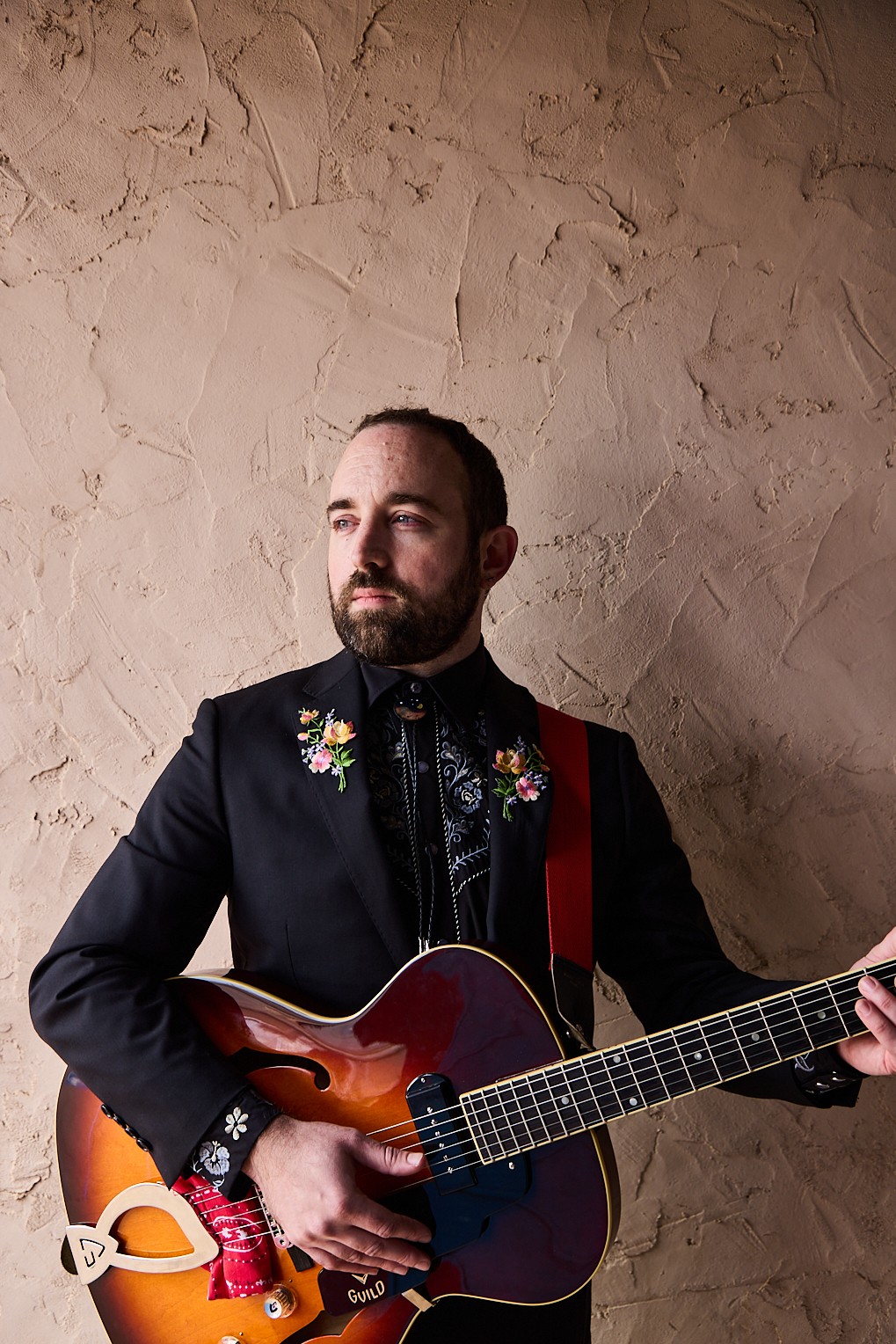
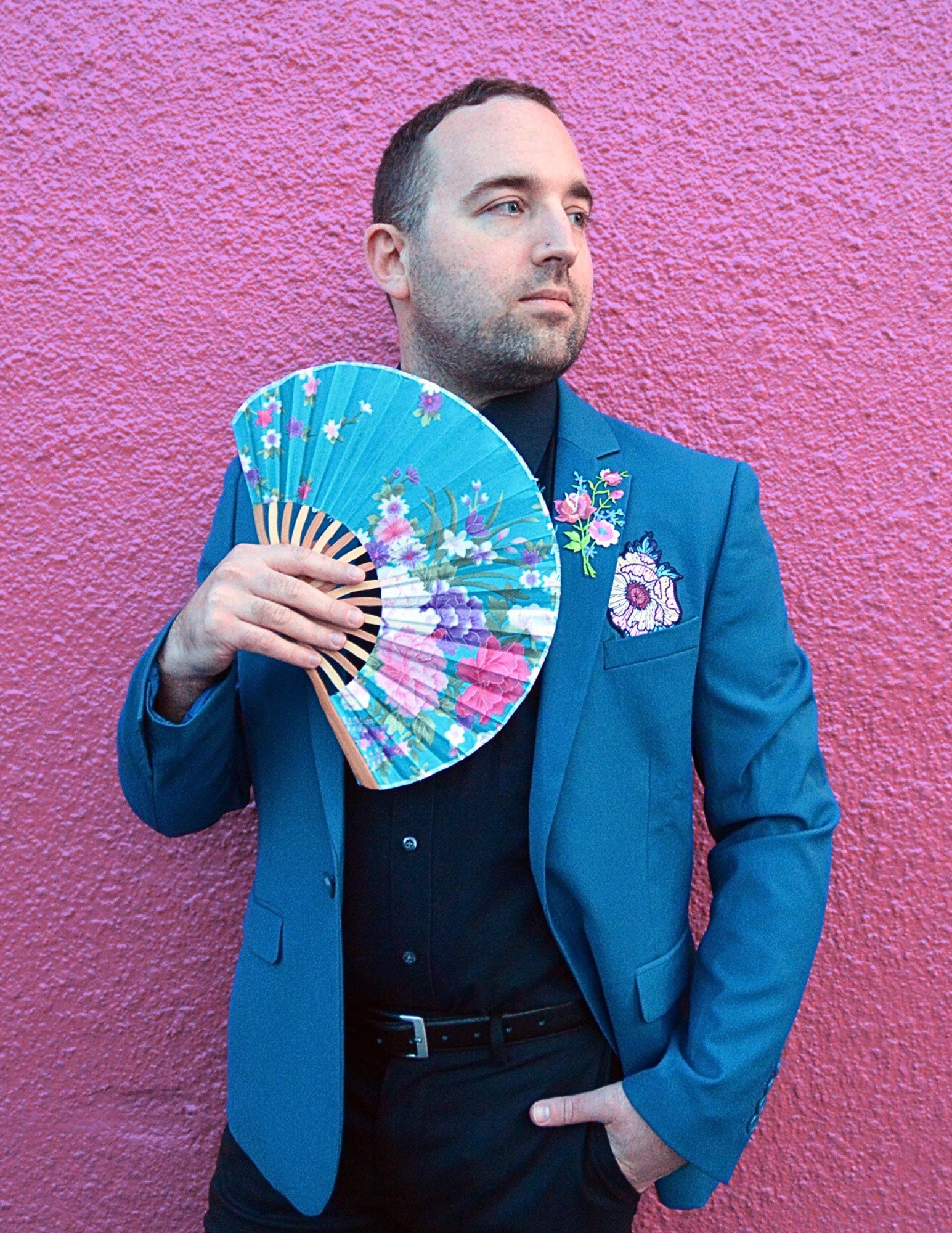
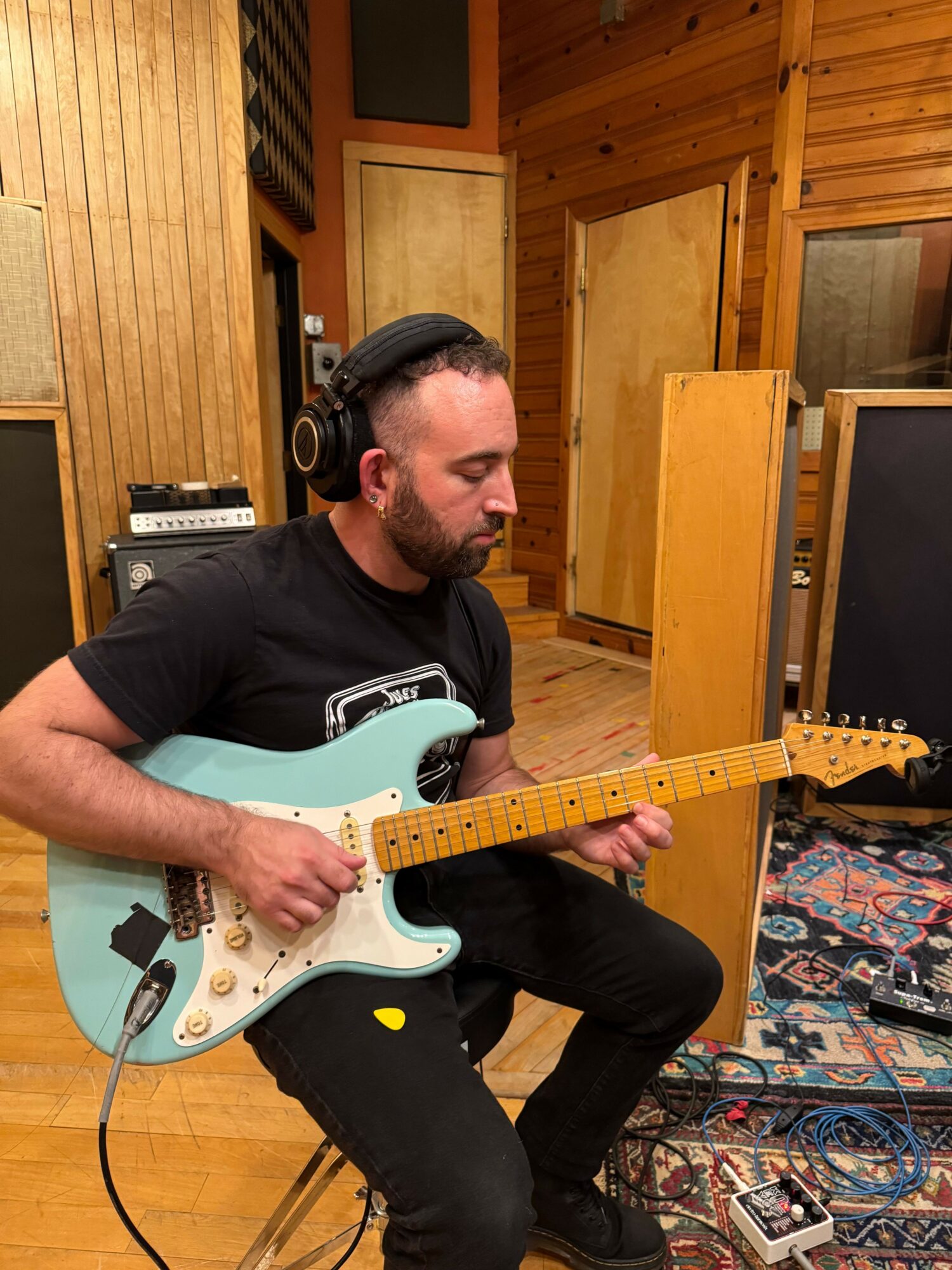
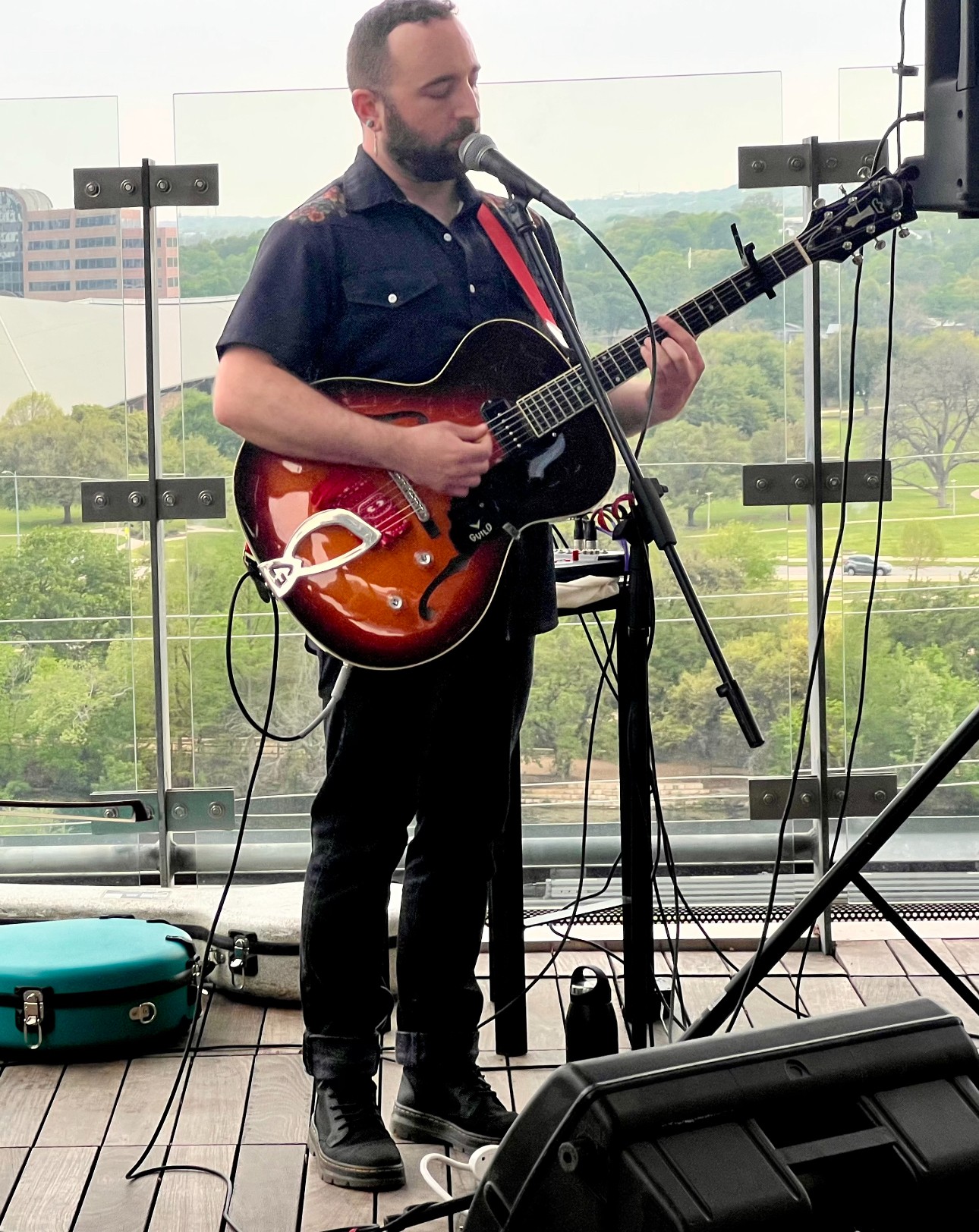
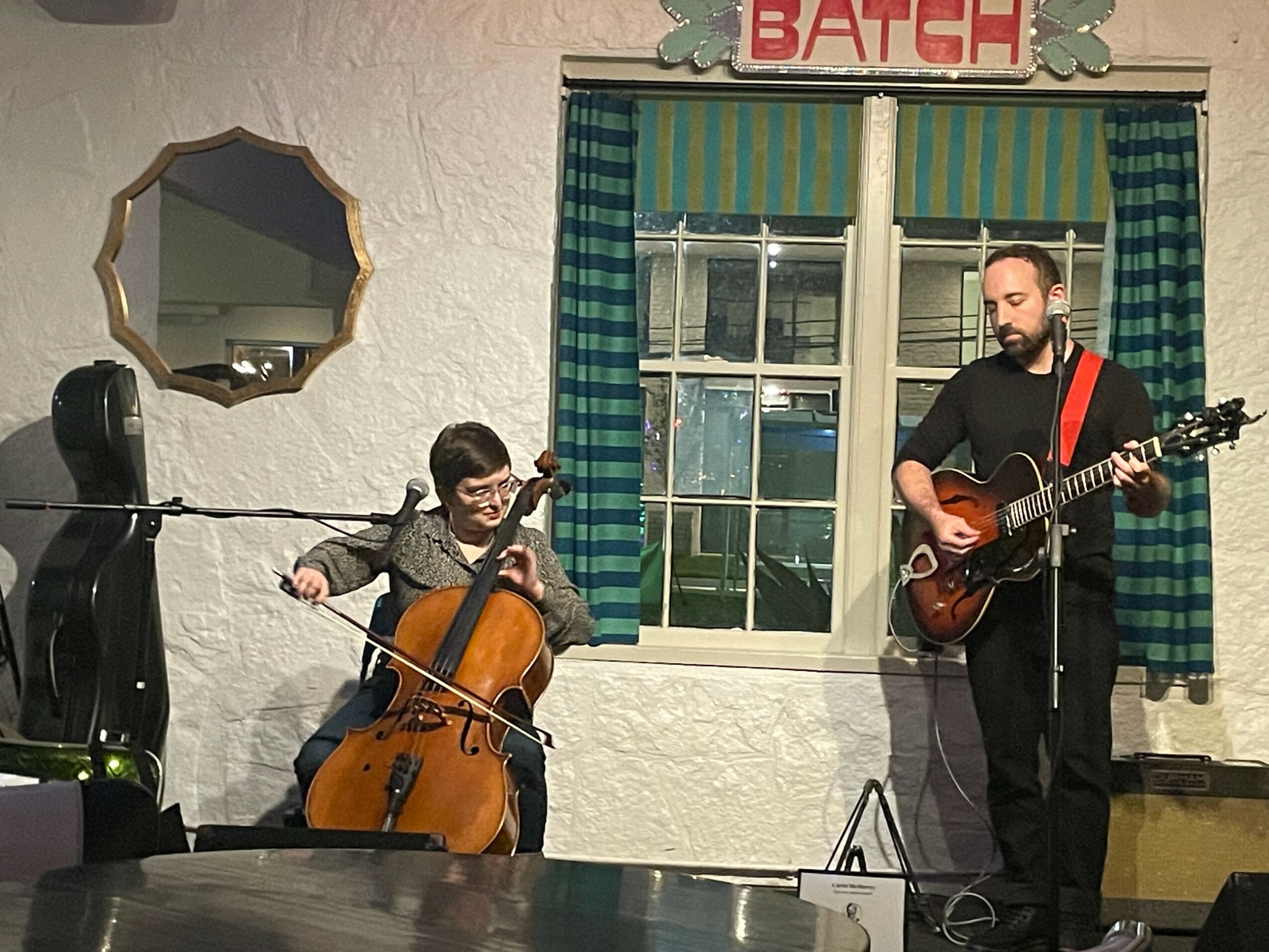
Image Credits
Steven Visneau













